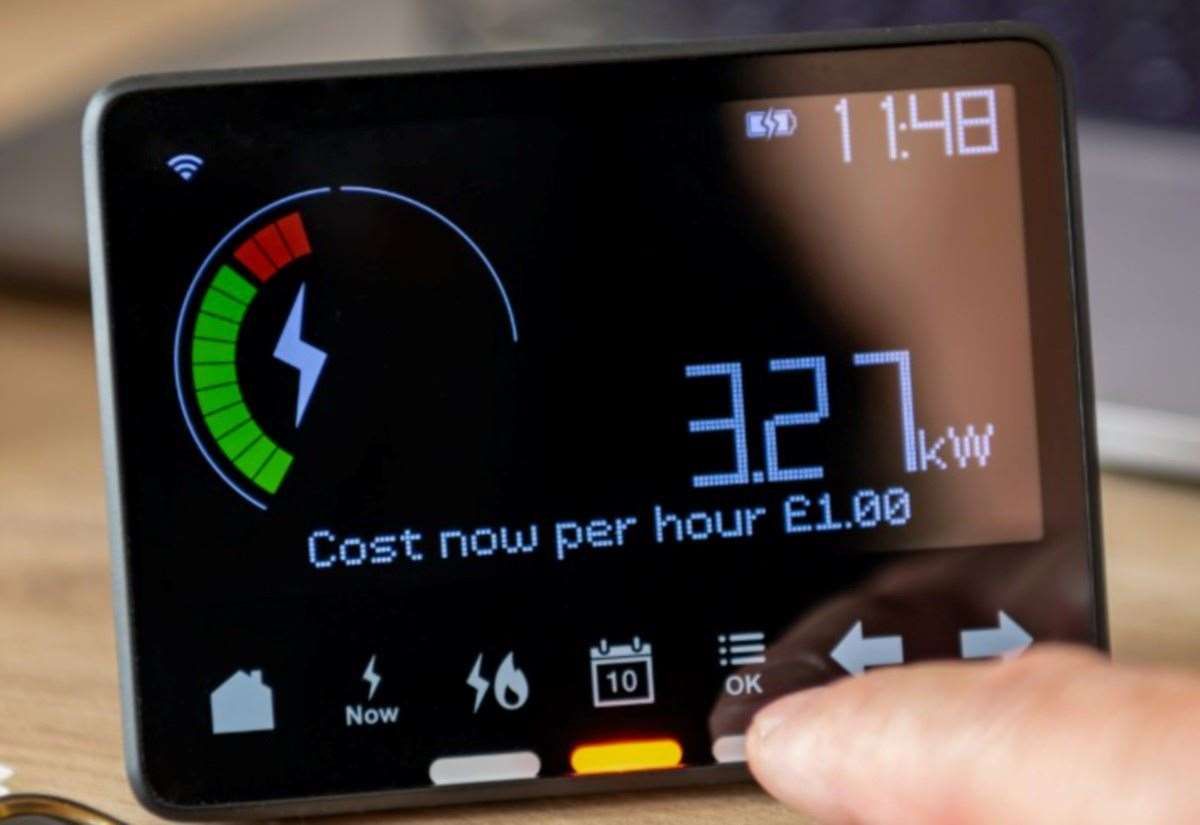Copyright shetlandtimes

Citizens Advice Scotland’s boss has added his name to a list of people calling for reform of the energy market during a visited to the isles last week. The charity’s chief executive Derek Mitchell also welcomed news from the independent regulator, Ofgem, that a new scheme would write off £500 million in debt. However that was just “a drop in the ocean”, Mr Mitchell said, despite it being a positive step. Speaking to The Shetland Times on Thursday, Mr Mitchell praised the work of the staff at the Shetland bureau in tackling the inequalities faced by islanders. The team at Lerwick’s Market House has been dealing with a range of requests from clients. He heard how some people had been turning up with carrier bags filled with energy bills, while others had been asking about the radio teleswitch (RTS) changeover, as well as benefits and advice on housing and work. “These guys are the accident and emergency, the health service, they're the fourth emergency service,” Mr Mitchell said. Despite their vital role, Mr Mitchell said the bureaus were having to make do with a “shoestring” budget. Clients of the Shetland bureau benefited to the tune of almost £2 million over the 2024/25 financial year thanks to the work of the volunteers and paid staff of the charity. Volunteer Malcom Ferguson has been at the forefront of volunteering at the charity for 30 years. This milestone was celebrated at Cab’s annual general meeting at the end of August. Mr Mitchell said it was a part of the “incredible success” story of the Shetland bureau. However, he said there were still problems and challenges to overcome. He said the RTS changeover had become a fiasco with more than 1,000 households yet to see their electricity system changed over to a smart meter. Shetland’s harsher climate and shorter days meant households needed to spend more money just to keep warm. While smart meters are intended to help people keep on top of their bills, Mr Mitchell said the connectivity issues in Shetland meant the meters were less “smart” and more “dumb” with poor internet connections. He said this could cause uncertainty for billpayers and potentially lead to inaccurate charges. Mr Mitchell said the average energy debt in Shetland was £3,000. According to Shetland Cab’s own annual report, one pensioner was paying around £280 every month. The report found this was because the smart meter installed in their home had failed to record an night reading, meaning the customer’s bill had been estimated. Once Cab intervened, it emerged the pensioner was £4,000 in credit. Last week Catriona Thomson told this newspaper she had been almost £4,000 in credit but with her energy provider. Then after a week or two she received an update on an app which said she was £3,000 in debt. Mr Mitchell said he has heard of many similar issues. And he said it was particularly troubling for for older people, who had been “very proud” of the fact they had never been in debt. “We had a situation a few years ago, an old lady in Castlemilk, who, through no fault of her own, the energy company went bust,” Mr Mitchell said. “So she was switched to the next energy company, and when she was switched she was told that she owed them £3,000.” The woman had been threatened to repay the money owed or the case would be passed to a debt collection company. Mr Mitchell said there was “no proof” the client was in debt. In fact, it was found the woman was £2,000 in credit. It was “lucky” the woman had been able to get access to her local Cab bureau. Shetland Cab manager Della Armstrong said there were likely to be “lots of people” who would just pay that money. “They'll just be ashamed of being in debt and owing money maybe for the first time in their life,” Ms Armstrong said. “They could be paying thousands of pounds that they shouldn't be paying, but we won't know about that.” On Thursday, regulator Ofgem announced that a final consultation on the first phase of its Debt Relief Scheme will be published shortly as part of its plans to help consumers and support suppliers to bring down £4.4 billion of debt in the energy system. If approved, it would write off around £500 million in debt for 195,000 people. Mr Mitchell said it was “good news” for some people. “That's great [but] it's a drop in the ocean,” Mr Mitchell said. Mr Mitchell said the national energy debt was almost £4.5 billion. This had risen by a quarter since Cab began speaking to Ofgem about a debt write-off scheme. He added: “The simple fact of the matter is that people's energy needs are greater than their ability to pay for it.” Do you want to respond to this article? If so, click here to submit your thoughts and they may be published in print.



